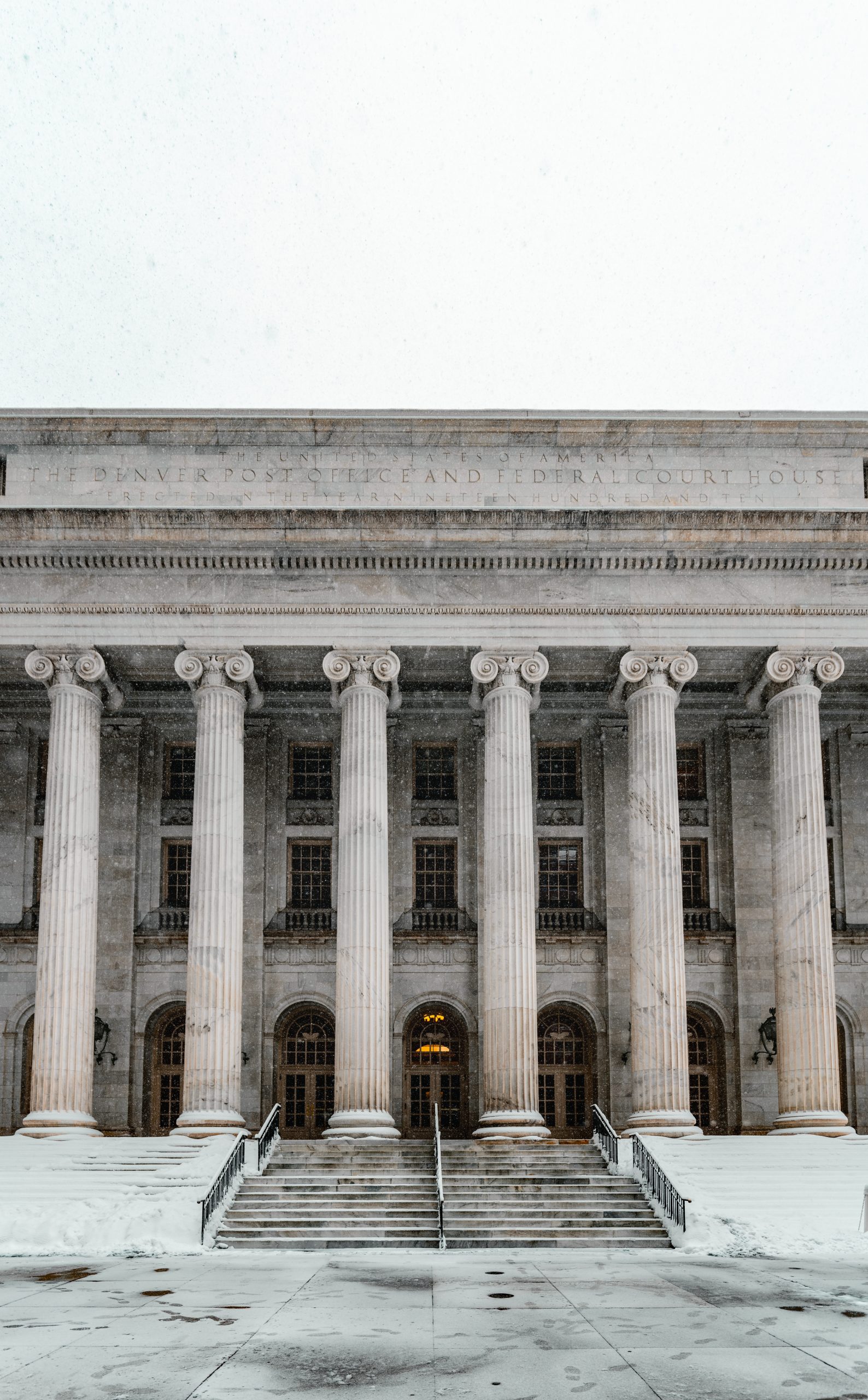The Supreme Court on Thursday handed down a unanimous decision in U.S. ex rel. Escobar v. Universal Health Services, Inc. to resolve the circuit split over the validity of the implied certification theory of liability under the False Claims Act.
The case involved services billed to the U.S. Government’s health care programs by unlicensed providers acting without supervision at a mental health clinic. A teenage Medicaid patient suffered an adverse reaction to medication prescribed at the clinic and eventually died of a seizure. The parents filed a qui tam lawsuit alleging that the facility had violated the False Claims Act.
The Defendant argued that it had violated a minor law which was not considered a condition of payment by the United States Government. Although this argument was successful at the District Court level, it was reversed in the First Circuit and should be rejected on reconsideration following the Supreme Court’s opinion.
The Supreme Court held that implied certification is a valid legal theory for a False Claims Act lawsuit. In doing so, it identified at least one example of a false claim by implied certification. There are now two elements to the theory:
- the claim for payment makes specific representations about the goods or services provided; and
- the defendant’s failure to disclose noncompliance with material statutory, regulatory or contractual requirements makes those representations misleading half-truths.
The Court specifically rejected the lower courts’ brightline rule regarding conditions of payment and instead replaced this standard with a rigorous materiality standard. Following the new standard, noncompliance with a legal, statutory or contractual requirement is material when the defendant has actual knowledge of the materiality to the government, or a reasonable person would have considered it material.
The change should be a welcome one for whistleblowers looking to fight large instances of fraud. Before the decision:
- The Seventh Circuit had rejected the implied certification theory.
- The Second and Sixth circuits were requiring a provision to expressly state that it was a condition of payment.
- Only the First, Fourth and D.C. Circuits had accepted that there did not need to be an express designation of a provision as a condition of payment.
Several pro-business authors and organizations have already claimed victory due to the creation of the materiality requirement. However, we think that the decision is on balance an improvement in the law for most whistleblower cases. Businesses will no longer be successful in their hyper-technical argument that it didn’t matter that the security guards couldn’t shoot straight! And that’s definitely a win for the country in its fight against fraud.


